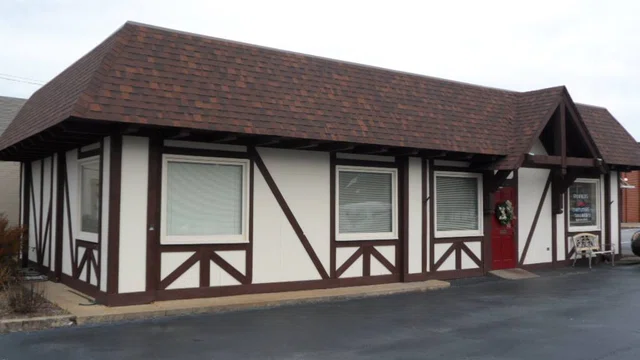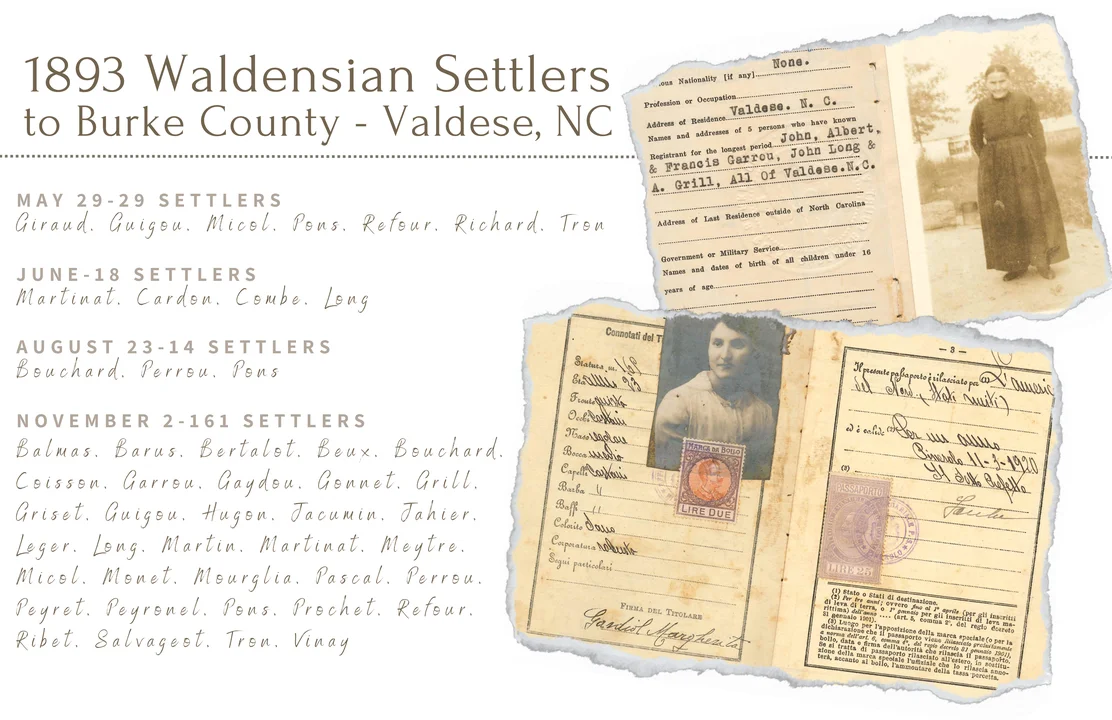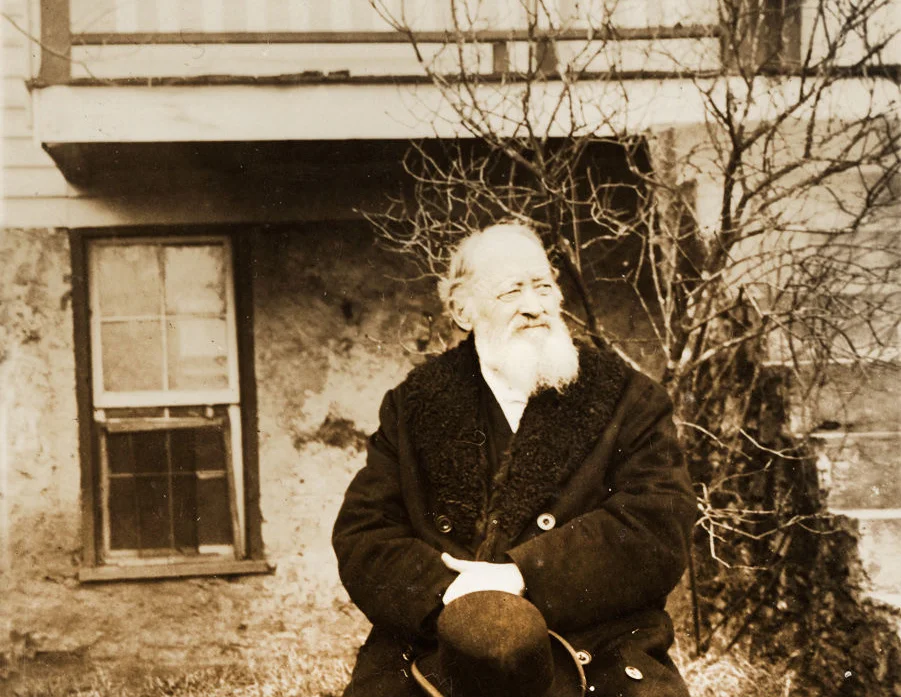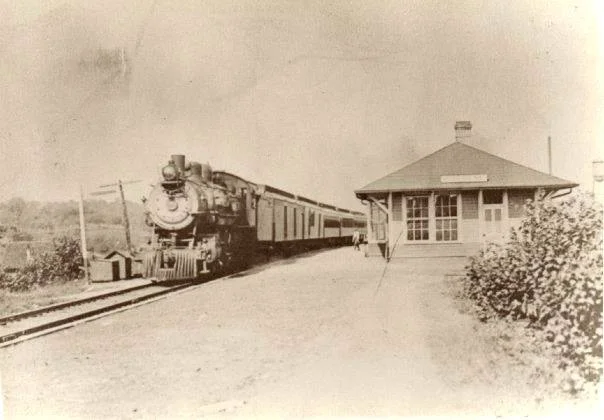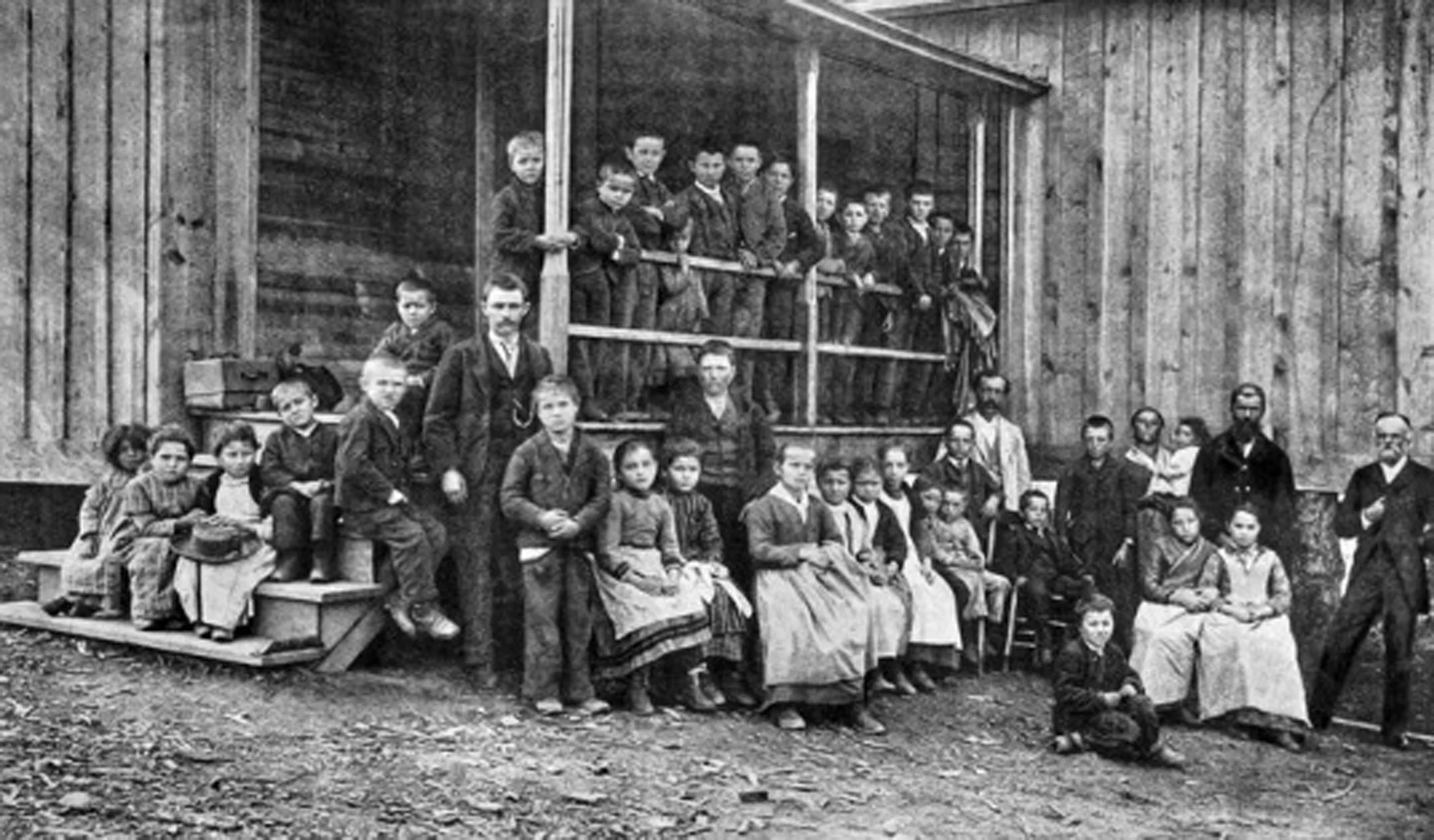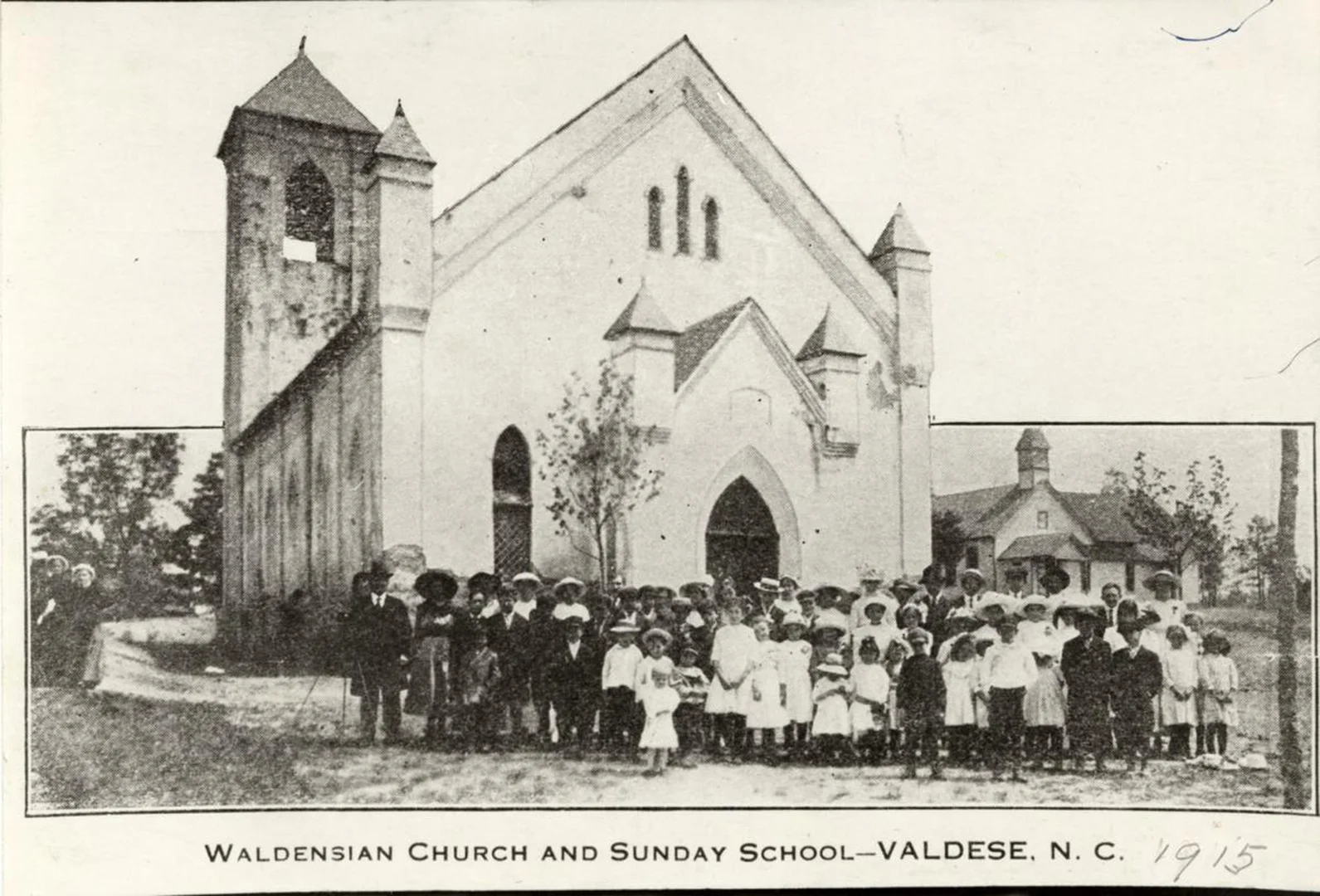The People
Who are the Waldenses?
Their Name -
They called their colony "Valdese," Italian for "Waldensian." In Europe they were known as the "Vaudois" (in French), the "Vallenses" or "Valdesi" (in Italian). The name means "people of the valley."
Older derivation traces "Valdesi" to "vallis dense," "vallis" being Latin for La Tour (French) or Torre (Italian), referring to the towering landmark of a castle fortress that once stood in Torre Pellice, the religious center and stronghold from which the Waldenses defended their faith for centuries.
Some historians believe the Waldenses were named for Peter Waldo, a dynamic pre-Reformation leader of the twelfth century. But records that survived the torches of the Inquisition take the origins of the Waldenses' faith and their name farther back than Waldo. A treatise published in 1669, for instance, by Waldensian historian Jean (Giovanni) Leger traces the word "Waldenses" or "Vaudois" back many years before Waldo's birth. Likewise, Valdese historian Fred Cranford cites conclusive evidence that the word "Waldensian" was in use at least fifty years before Peter Waldo came on the scene. Cranford also makes a strong case from his years of research into Waldensian origins that Peter of Lyon was tagged "Waldo" by his detractors as an appellation of derision because of his association with these "heretics" of the Cottian Alps - meaning that Waldo may have got his name from them, not vice versa. Still, another plausible suggestion is that the similarity of names is a mere coincidence. Given the fact that Waldo was born in a district known as Valdis, Vaudra, or Valden (depending upon dialect), his name, as theirs, was quite possibly related to the locale.
Their Identity -
The Waldenses were both a people and a church. And their religious conviction is so interwoven into the fabric of their lives that the two cannot be separated in discussing their history. They claim to be not a sect, but rather a survival of primitive Christianity.
They joined the Reformation in 1532; but, in truth, they predate by hundreds of years John Wycliffe, John Huss, Martin Luther, and other Reformers. Their isolated mountain villages, sequestered in the most remote regions of the Cottian Alps dividing Italy from France, were the nurturing place for a pure strain of Christianity planted in the hearts of these people, some say by the Apostles themselves.
It is a plausible claim. Early Christians, energized by the missionary zeal of the first-century Church, may well have traversed these Alpine valleys on their way to evangelize Gaul, Iberia, Britain, and other regions of Europe since the highway from Rome to Gaul (France) at that time lay directly through the Cottian Alps. Evidence indicates that the Gospel reached Gaul probably before the close of the first century. The implication of that time frame is that the Apostle Paul himself could have passed through these valleys if he followed through on plans stated in his letter to the church of Rome: "I shall go by way of you to Spain" (Romans 15:28).
Other accounts say the Waldenses are a blend of several dissident groups from France and Italy who fled to the Alps in the twelfth century when the Medieval Church began imposing its structure on all believers. However and whenever they came to the Valleys, the expression among Waldenses is long-standing that they have defended their faith "from time immemorial."
Their Beliefs -
The faith they lived and valiantly defended - even to the death - was simple in precept. Known as a "people of the Book," they held the Bible to be sacred and the final authority in every aspect of life. When persecutions threatened to destroy their Bibles, family members would memorize entire books so that even if all their Bibles were destroyed, they could recreate them from memory. An Inquisitor in 1260 said of them:
I have heard and seen a certain unlettered countryman who used to recite Job word for word, and many others who knew the whole New Testament perfectly. All men and women cease not to teach and learn night and day. To those who say they cannot learn they say, 'Learn only one word a day and in a year's time you will learn more than 300 and thus you will grow proficient.'
They believed the Bible to be an "open" book - open to interpretation by each Christian as guided by the Holy Spirit. And they believed that not only clergy but also laity were charged by Christ to "preach," to share the Word with others. They believed Christians should be living examples of what the Bible teaches, taking literally Christ's challenge to be a "light to the world," a candle placed on a stick, shedding light in darkness.
“What Mean These Stones” – Maxine McCall & Kays Gary
Copyright © 1993

Wright Way Dance
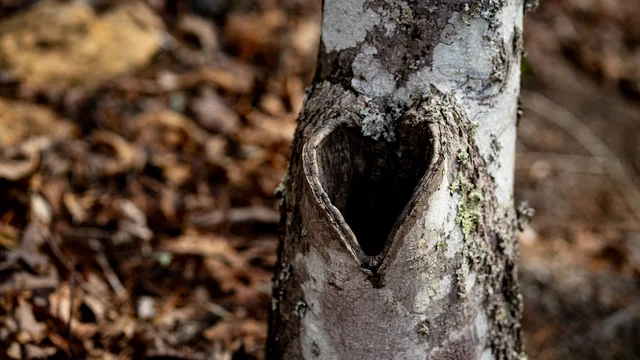
Yellow Creek Trail

Your Floral Bouquet
